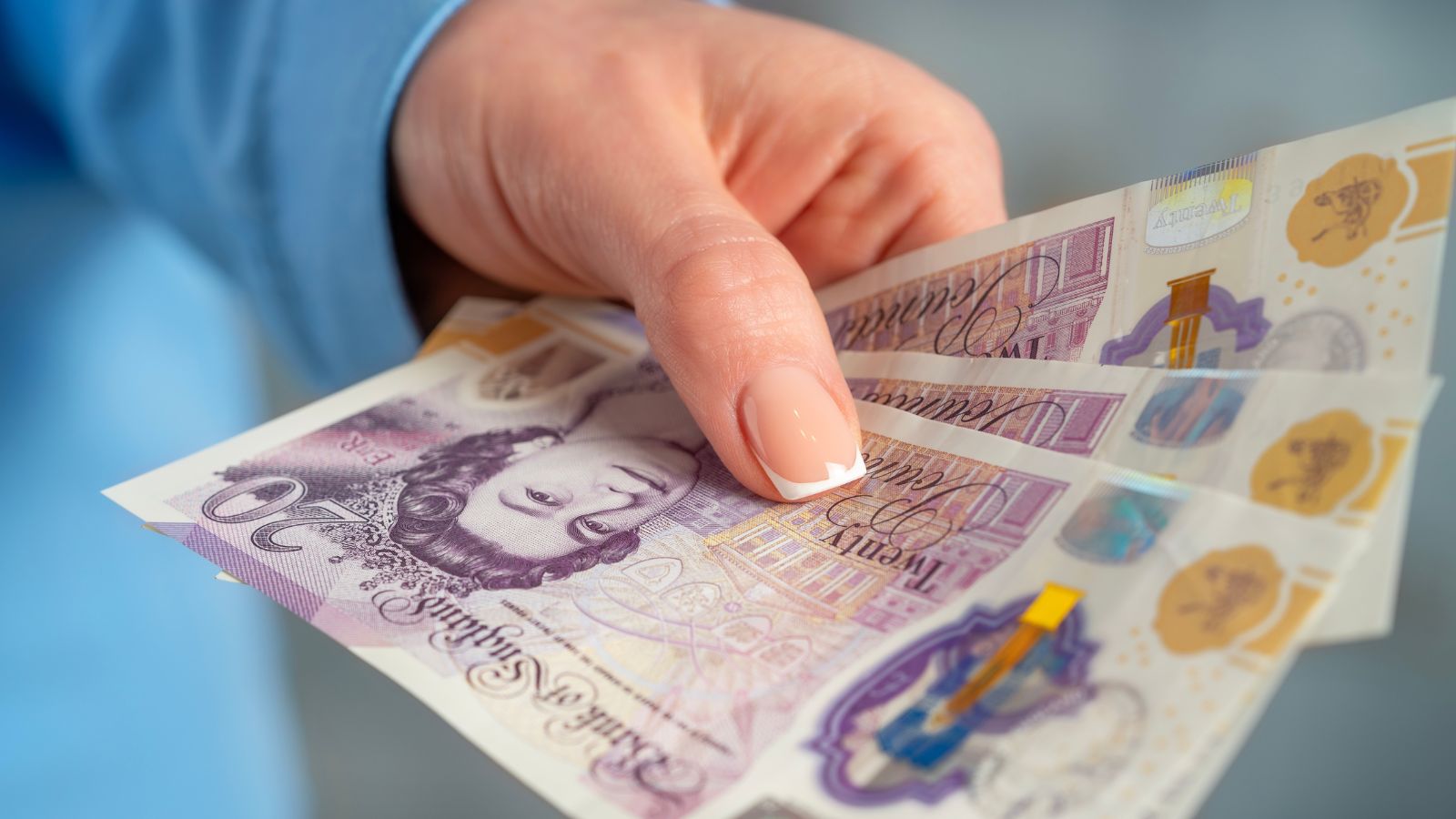Want to sprinkle a bit of Brit into your banter? Slang from this part of the world is colourful and loaded with personality, and mastering a few of the local terms will help you understand the culture—or just enjoy the way some of the words sound. Here’s a cheat sheet of essential British slang terms to get you started.
Cheers

In the UK, “cheers” is so much more than what you say when clinking glasses because it’s a versatile way of saying “thank you” or even “goodbye.” The best part is you can use it with almost anyone as it’s not overly formal and fits into almost any situation when you’re trying to sound polite.
Knackered

The perfect word to describe the kind of tiredness that hits you after an intense day is “knackered”, which is not just sleepy; it’s full-on, can’t-move-a-muscle exhaustion. Maybe you’ve been running around at work, chasing after kids, or stayed out a bit too late last night, you’d be knackered by the end of it.
Gutted

Few words capture heartbreak quite like “gutted.” Imagine your team loses the championship in the final moments or your holiday plans fall through at the last second—that’s the kind of devastation this word nails and the emotional punch to the stomach that comes with it.
Chuffed

Feeling on top of the world? Then you’re “chuffed,” what UK locals say when they’re really happy or proud of something, whether it’s scoring a big win, receiving a compliment, or nailing a tricky recipe. It’s a fun, cheerful word that instantly brightens the mood, even with small victories, like finding a fiver in your coat pocket.
Mate

“Mate” is the ultimate British word for a friend, but it’s not limited to your inner circle, as it can be used casually with strangers, acquaintances, and lifelong pals alike. Someone bumps into you in the street, and “Sorry, mate” is widely used (and accepted) as a response.
Dodgy

It could be a sketchy part of town, an untrustworthy person, or even food that’s seen better days; you can use this word to describe anything that feels a bit off. Think twice before trusting that guy selling “designer” handbags out of a van because they’re definitely dodgy, a handy word when you’re working through unfamiliar territory.
Legit

While “Legit” might sound familiar if you’ve heard it in American slang, Brits have their own spin on it when they’re using it to confirm that something is genuine. When something is “totally legit,” you’re in the clear, and this can be used to describe a situation, an object or a person.
Taking the Mickey

Loving a bit of banter is all part of being a native of the United Kingdom, and “Taking the Mickey” is about playful teasing, light-hearted and never meant to offend, although it might sting if you’re not used to the humour from this country. The phrase comes with an air of cheeky affection, the kind of ribbing you only do with people you like.
Sorted

“Sorted” is quick and to the point, like when someone asks, “Did you sort out the train tickets?” and you reply, “Yeah, all sorted,” and it shows a sense of accomplishment, even for the smallest tasks, without having to elaborate—all done, no worries. And it makes sense to a nation of people who are all about keeping things cool and under control.
Blimey

One of those classic British expressions that has a certain charm to it is our next phrase, “Blimey,” which you’ll likely hear when someone’s shocked, surprised, or even amused. Imagine walking into a party and seeing an old friend you haven’t caught up with in a while—“Blimey!” would be the perfect reaction, giving that slightly old-school vibe.
Gobsmacked

In a situation where something is leaving you completely speechless, you’re “gobsmacked.” The word comes from “gob,” an old slang term for mouth, and it’s like saying your jaw has hit the floor, like hearing jaw-dropping news leaving you “gobsmacked”.
Quid

“That’ll be twenty quid” is as normal as saying $20 in the U.S., informal but widely understood, so even tourists quickly pick it up. If you want to sound British when talking about money, ditch “pounds” and say “quid” instead, no matter whether you’re paying for a pint or talking about your budget—it’s the go-to term for pound sterling.
Faffing About

Maybe you’ve spent 20 minutes trying on outfits or aimlessly scrolling on your phone, that would be classic faffing. It’s not necessarily a criticism, though; it’s often said with a mix of humor and exasperation, like “Stop faffing about and let’s go!” being something you’ll hear often when plans are dragging.
Brilliant

“Brilliant” might seem like a standard adjective, but it’s used so much by UK locals that it’s considered a key part of their slang repertoire, and if someone says you’re brilliant, it’s a huge compliment. People use it to describe anything impressive, exciting, or just plain awesome, while it can also be shortened to “brill” in casual conversation.
Bugger

This tiny word carries a lot of personality: it can express frustration, affection, or even admiration, depending on the tone, and if you catch someone sneaking an extra biscuit, you might say “You cheeky bugger!” It’s playful, a bit naughty, and very British.
Loo

One final slang term—or word—to know is one that will be helpful when nature calls if you need the “loo.” It’s the term for the bathroom, used everywhere including homes and high-end restaurants, and saying “loo” feels understated compared to alternatives like “toilet” or “restroom.”

